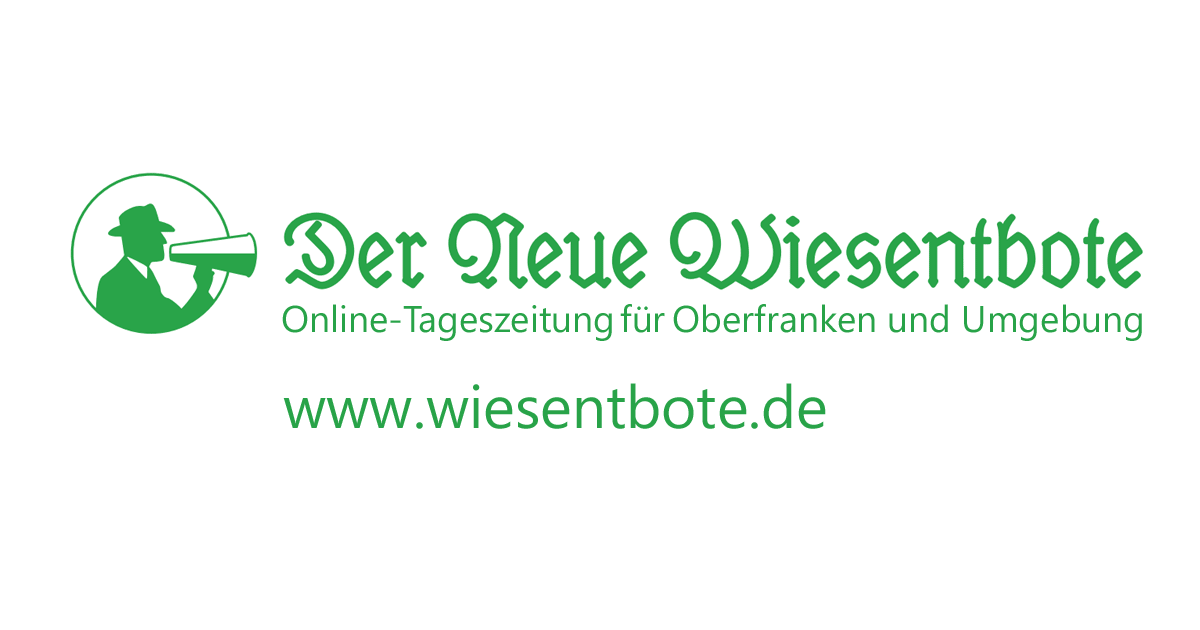Bavarian Science Minister Markus Blom finds out more about the “Collaborative Technology Transfer Center (TTZ) for Digital Intelligence in Upper Franconia” at the “MACHBAR” in the city center of Lichtenfels. Its goal is to use science to enhance the innovative power of SMEs in rural areas.
During his visit to MACHBAR in Lichtenfels, State Minister Markus expressed his pleasure at the widespread support that the TTZ enjoys from business, science and the region. Photo: Nathalie Schalk/University of Cobourg
Digital technologies provide the opportunity to develop innovative and completely new solutions to current questions faced by SMEs. TTZ Oberfranken, a still young company based in Lichtenfels, wants to transfer digital skills throughout the product life cycle. On site, the Bavarian Science Minister learned about exciting applications such as 3D-printed injection molding tools, discovered smart industrial handles with lightweight construction and looked at virtual baked goods: a prototype was developed to train bakery sales apprentices, in which a bakery shop is simulated with the help of virtual reality glasses. . “In order to further develop Bavaria as a business location, technological impulses are needed,” Blom said. He spoke about the importance of Bavaria's high-tech agenda and mentioned that artificial intelligence (AI) was also the focus at the CSU parliamentary group's winter retreat in Klosterbahns. “The most exciting concept we have currently is the TTZ,” Bloom explained. “Universities with a compelling concept, companies that say: these are the topics that interest us – and municipalities that want it and provide the space,” the minister said. “It takes an alliance of the willing.” As evidenced by the lively visit to MCHBAR, the futures workshop of the Center for Research and Applications of Future Digital Technologies (FADZ). Blom thanked the representatives of science, business and politics who made the “Cooperative Digital Intelligence of Upper Franconia TTZ” possible, and particularly acknowledged the commitment of Jürgen Baumgartner, MdL for the Kronach Lichtenfels electoral district.
Professor Dr. Stefan Gast, Rector of the University of Coburg, highlighted the good cooperation on site and also with the TTZ site in Kronach, and briefly explained the start of TTZ in Lichtenfels and what opportunities it will open in the future: “Our first TTZ employees have now been absorbed into MACHBAR for a quick start. Our TTZ is particularly here through close cooperation with the already established FADZ. Once the TTZ is located, it will also be ensured that we can exploit further possibilities for technological excellence. “For cutting-edge TTZ research in Lichtenfels, it is about how companies move from development to Assisted Production Customization, automation and artificial intelligence bring technological competitive advantages. A valuable relationship between science and business in which the Free State of Bavaria is investing heavily: around eight million euros flow into TTZ at the Lichtenfels and Kronach sites. The cooperation partners are Coburg University of Applied Sciences and Nuremberg University of Technology.
With a focus on digital skills in the product life cycle, the TTZ at the Lichtenfels site is also completing the Master's degree program “Additive Manufacturing and Lightweight Design” at the Coburg University of Applied Sciences. Students work on projects from real everyday business life, and here too there is close cooperation with FADZ.
“I am pleased that Minister Bloem accepted my invitation to learn more about the FADZ and the TTZ directly on site. There is no university in the Lichtenfels region, which is why cooperation via the TTZ is a great opportunity for the local economy to make their companies future-proof. The TTZ is also a good building block,” explained Area Director Christian Meissner. To promote the Lichtenfels area as a place to live and work.
Philipp Steinberger, CEO of Wöhner and member of the Board of Management of the FADZ business association, adds: “We are jointly developing regional development perspectives in Upper Franconia of future technologies. We have actively supported the TTZ from the beginning and are pleased that a preliminary framework for the project has been found through Transition to MCHBAR.This is the basic condition for creating immediate benefits for companies.
The city is also pleased: “We very much welcome the commitment of the Coburg University of Applied Sciences in Lichtenfels, as this has given the region's city the opportunity to become a university site,” said Mayor Andreas Hogerich. “Together with the local economy, we are now expanding our FADZ and TTZ offers in order to secure the Lichtenfels site in the long term. That is why we are very happy that State Minister Blom and his Ministry as well as the Bavarian state government are behind the Lichtenfels site.
While officials talked a lot about the area's technological, economic and scientific future, the next generation was already at the starting point: In the Mashbar entrance area, a middle school class hands-on tested the possibilities of 3D printing and laser cutting as part of a workshop. Minister Blom spoke to the students, then nodded with satisfaction: “This combined approach with crafts, medium-sized companies, schools and universities: this is what makes the concept so exciting!”
SMEs who would like to suggest ideas or projects can get in touch [email protected] Turn * turn * face.
additional information: https://www.hs-coburg.de/forschung/ttz-obe rrnken.html

“Certified tv guru. Reader. Professional writer. Avid introvert. Extreme pop culture buff.”







More Stories
Samsung Quantum Dot TV: Art meets technology
Pitch: €56m for energy startup Reverion
Plastoplan: Plastics for Energy Transition